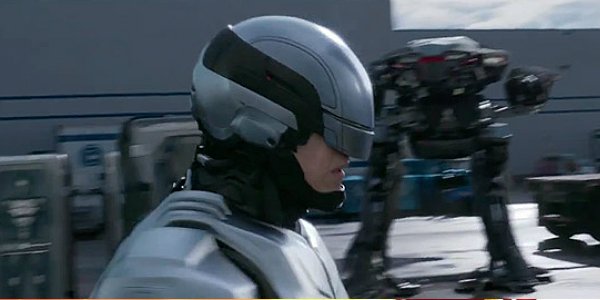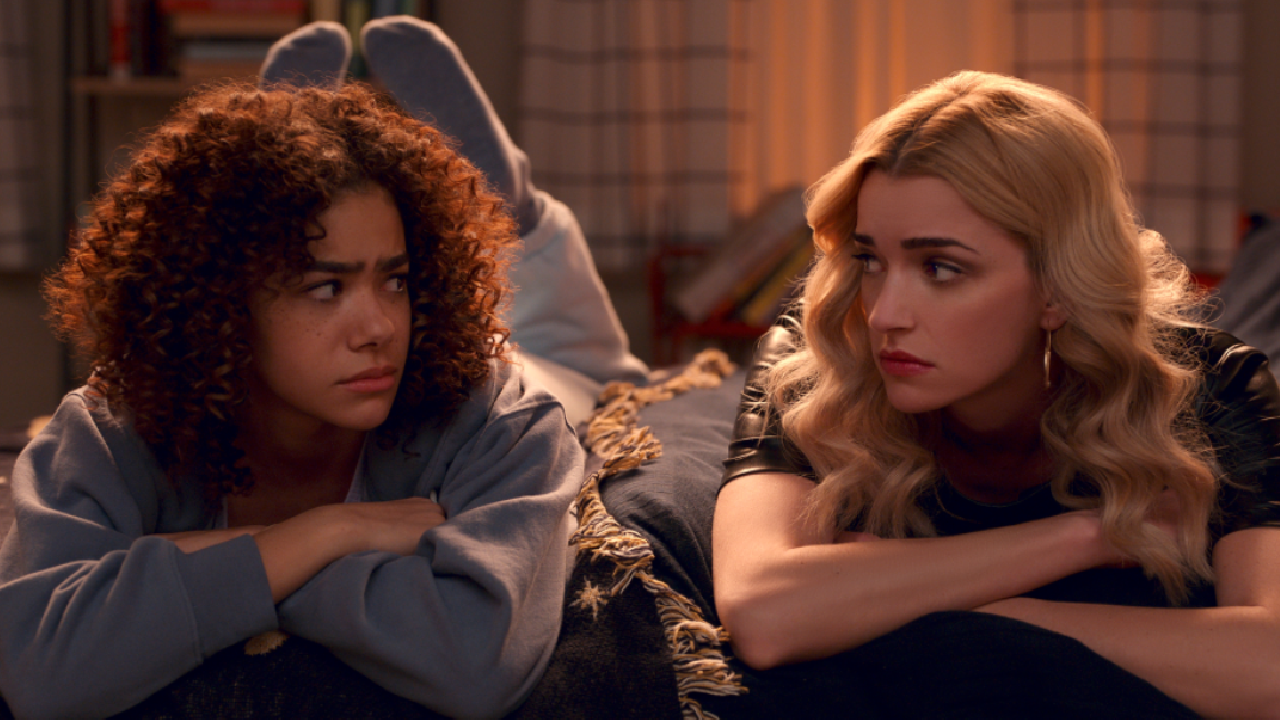
A long time ago, there was a Robocop 2. Director Paul Verhoeven would not return from the first film, nor would screenwriters Ed Neumeier and Michael Miner, and gone with them was a sense of satire, intelligence, or purpose. To follow Robocop, director Irvin Kershner and writers Frank Miller (yes, that Frank Miller) and Walon Green side-stepped a chance to build upon that landmark first film with an evolution of themes and instead doubled down on the misanthropy and violence. What resulted was a mean, borderline toxic stew of outlandish science fiction and belligerent 90’s ‘tude that killed the heart of the first picture by finding new ways to be aggressively anti-Alex Murphy.
In other words, they tried following up Robocop before, and it just didn’t work. To think they might try again, with Sony’s latest upgrade of the source boggles the mind. They barely made it out alive on this new film, bustling with ideas, barely-contained political rage and fancy special effects. One could argue that they’ve only done Robocop well once, and the remake’s director Jose Padilha was ultimately attempting to skate uphill. Bless Padilha for trying: his Robo takes the military-industrial system to task, and even seems to take jabs at its very existence as a rebooted excuse to sell tickets and merchandising for an already-old brand name. But Robocop might be one of those ideas doomed to work only once, a single film propping up an entire franchise.
Spoilers ahead for the new Robocop
So what’s up with that ending, anyway? Alex Murphy has been turned into a weapon by OCP, but unlike the original film, it appears they have a looser, possibly nonexistent relationship with the police force. Conflict with OCP CEO Raymond Sellars (Michael Keaton) places him at odds with the company’s stated goals, which is to turn the country into a police state controlled by independently-controlled machines. Sellars is ultimately implicated in criminal activities, and his death at Robocop’s hand effectively maintains the Dreyfuss Act, which frees the streets from robot influence. So Robocop is now back with the police force, he’s still working with the compassionate Dr. Norton (Gary Oldman), and he’s back together with his family.
But is this a victory exactly? Is it a loss? For one thing, OCP still owns Robocop, he is still their created entity, and they will own him until the end of time. And since Sellars has marketing whiz Tom Pope (Jay Baruchel) at his side, couldn’t Pope find a way to spin their confrontation as further reckless actions on the part of Robocop? Surely, if OCP was publicly traded, such information would drop their stock, but it would also lead to Robocop being hated and feared, and not simply being added back to the police force.
And yet, that’s not the case at all: Robo lives in peace with wife Clara, son David, and father-figure Dr. Norton. Who runs OCP now? And are they really going to allow their product to run loose in the streets? The audience knows that giving Murphy enough control over his body is a good thing, but isn’t OCP still in charge? The original film makes it seem as if Murphy’s defeat against circuitry is decisive and final, and that even though he works under OCP he still maintains autonomy because he’s defeated his own systems. The newer picture shows that all Norton needs to do is push some dials and suddenly Robocop is back to normal. Why can’t OCP step in and press those dials back down? Where is the victory for Robocop, and where is the dramatic tension if his humanity can be constantly modified?
An element of the original Robocop is that its future world is mostly under-realized. We know from the newsbreak scenes that smaller countries are at war with each other, and nuclear fears persist, but we only really see Detroit as a decimated, under-funded hellhole. The new film begins in Tehran and claims that OCP’s drones program is worldwide. For a sequel to stay in Detroit, it would have to maximize Robocop’s skill in busting criminals, which he utilizes to great effect in this remake. But with his access to endless criminal databases, cleaning up Detroit would make that a relatively quick film, unless you want to rehash the conflict with OCP. That would mean Robocop would have to travel. And with a domestic gross that looks like it won’t equal half of this film’s budget, is Sony gonna want to break the bank on making another one just because it was big in Japan?
CINEMABLEND NEWSLETTER
Your Daily Blend of Entertainment News
Of course, Robocop overseas should probably belong next to the ridiculous jetpack of Robocop 3 as far as Things Robocop Does Not Do. The concept, sad to say, is built to self-destruct. The new film wants to make the idea analogous to the modern day, as if the general public doesn’t actively endorse drone warfare, but you don’t need to play Frankenstein with a dead cop to convince people the drone program, either in real life or with OCP, is a bad one. The very concept of a robot cop is a joke: how do you tell the joke a second time? Director Jose Padilha is a sharp mind who tried his hardest to drag Robocop into today’s world, but reportedly he went through hell trying to realize that vision. If you’ve seen his superb Elite Squad movies, you know exactly what we’re missing by having him toil on a PG-13 blockbuster. Why put him, and us, through that again?
Read the counterargument to the RoboCop sequel debate HERE!
